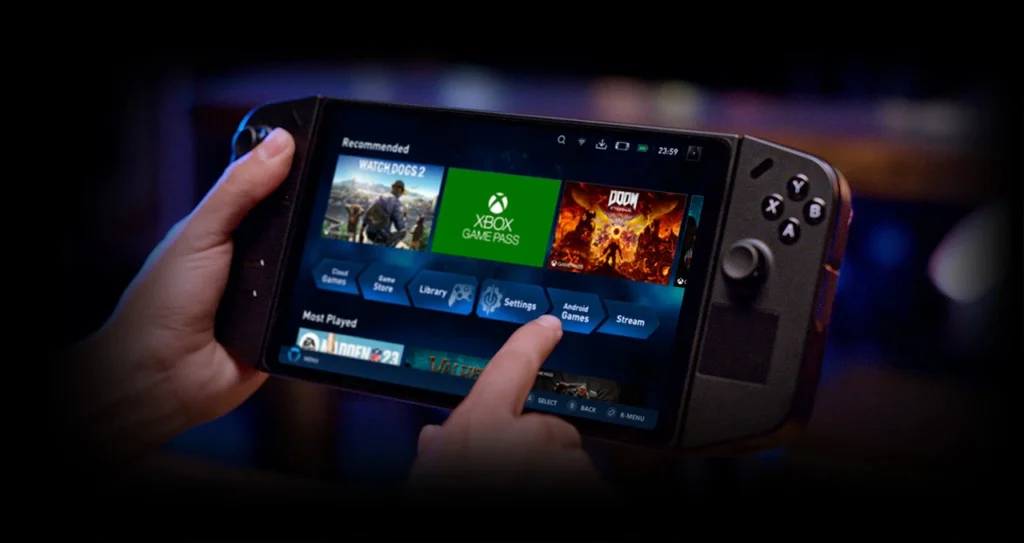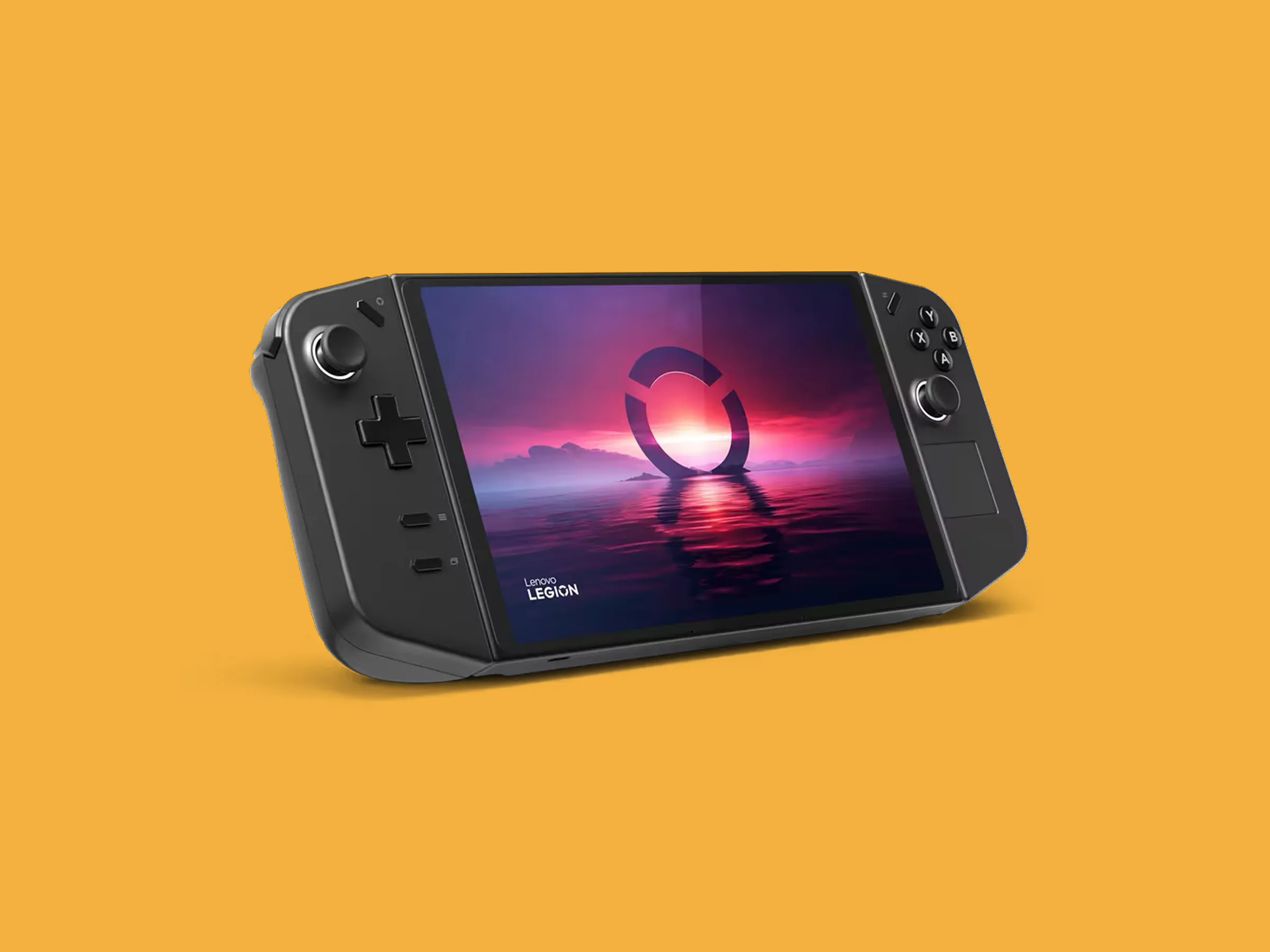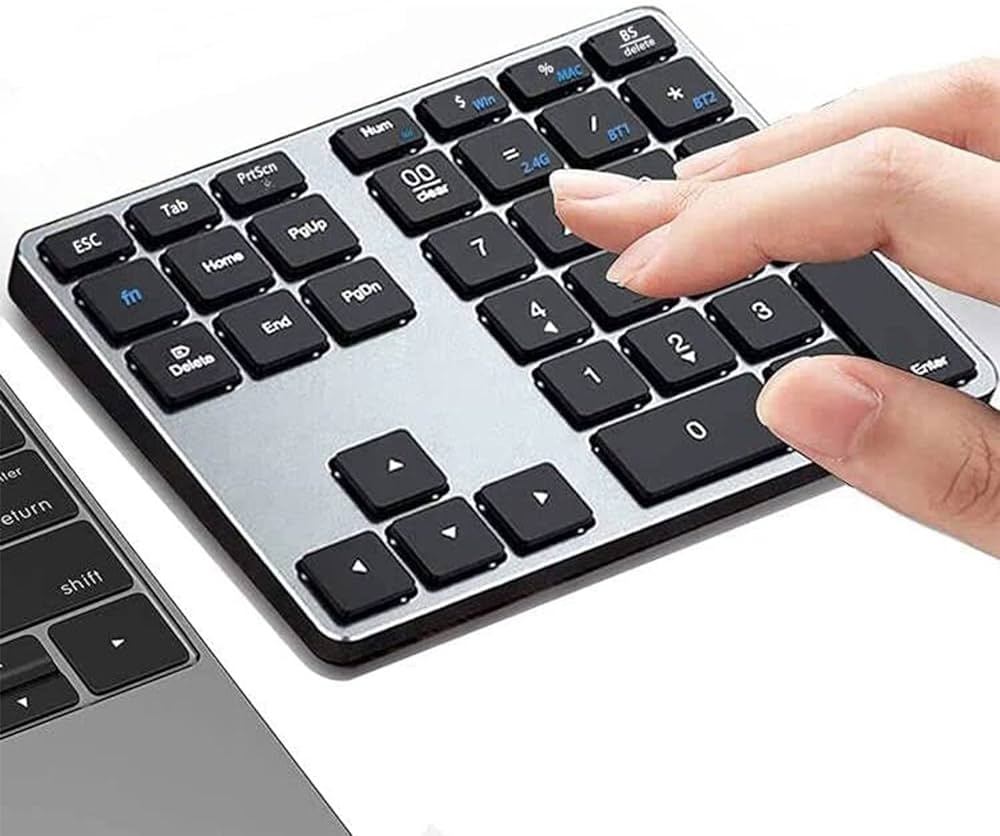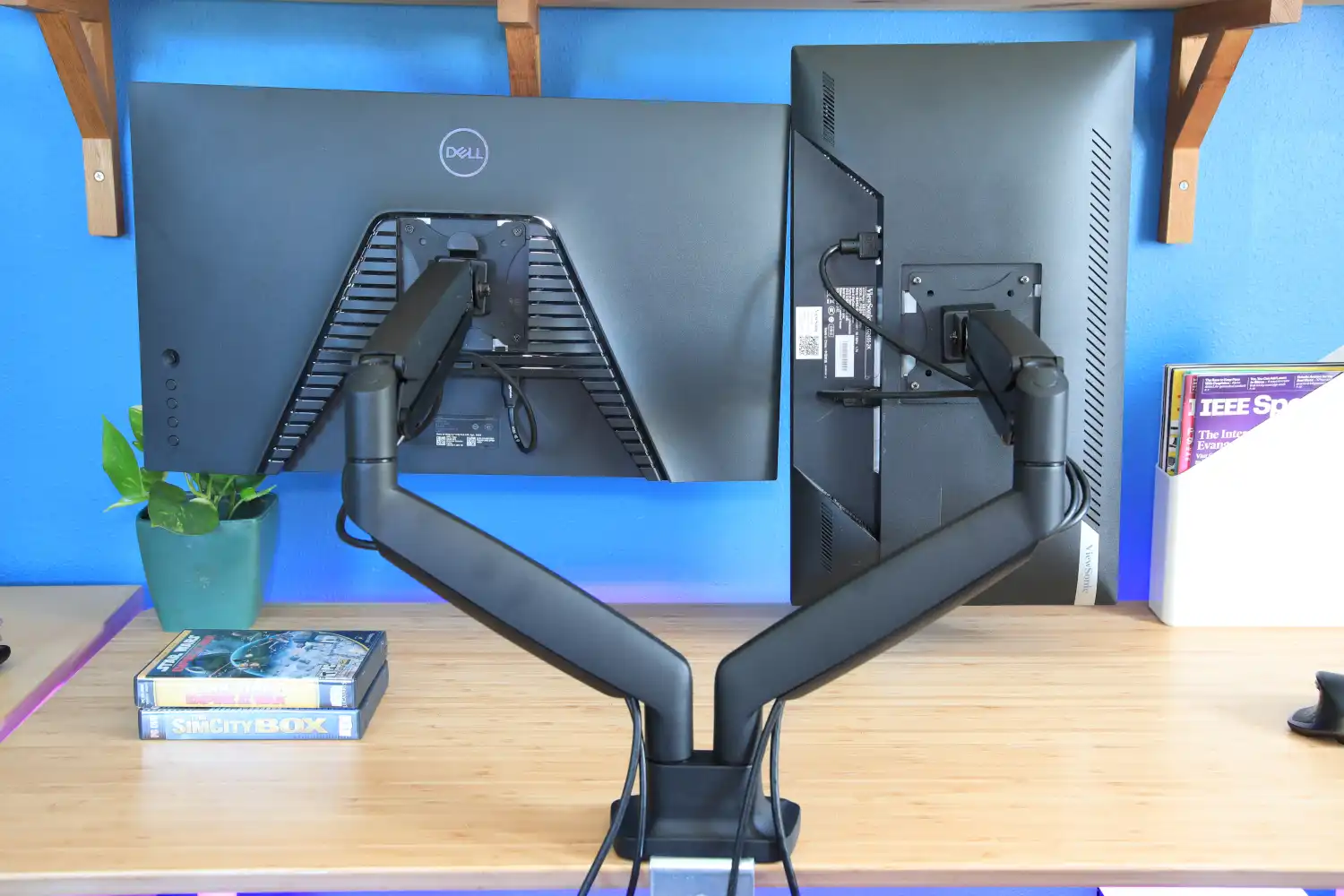
The original Lenovo Legion Go may not have made a significant impact on the gaming handheld market, but it remains noteworthy as a Steam Deck-style device from a major manufacturer willing to innovate. While the first iteration received a lukewarm response, Lenovo appears undeterred and is forging ahead with plans for not one, but three new versions of the Legion Go, which have recently surfaced in official regulatory testing.
Documentation released by the Eurasian Economic Commission (EEC)—the regulatory body responsible for imports in Russia and several partner states—has revealed the existence of three new models, identified by the designations 8ARP1, 8AHP2, and 8ASP2. In contrast, the original Legion Go carried the model number 8APU1, indicating that these new variants are likely to feature significant updates and improvements over the first model.
There have been whispers circulating about the possibility of a “lite” version of the Legion Go, which would aim to reduce the size and weight of the original 8-inch handheld. One of these new models could potentially be that lighter design, assuming it remains in development. Speculation suggests that the suffixes in the model numbers—specifically “SP2” and “HP2″—may indicate the integration of AMD Strix Point and AMD Hawk Point processors, respectively. This would mean that the new models could be equipped with APUs from the Ryzen AI 200 and 300 families, likely featuring the “Z Extreme” branding that has been associated with other high-performance handhelds like the Legion Go and the Asus ROG Ally.
The submission of multiple models for international electronics certification is a strong indicator that Lenovo is progressing from the design phase into production, a positive sign for fans of this gaming form factor. Although there were concerns that Windows-based competitors to the Steam Deck might begin to fade away, the landscape is proving otherwise. Companies such as Asus, MSI, and now Lenovo are launching follow-up handheld designs, with Acer also entering the fray. Microsoft is working diligently on optimizing Windows 11 for these compact, low-power devices, ensuring that the competitive market for gaming handhelds remains vibrant and diverse.



